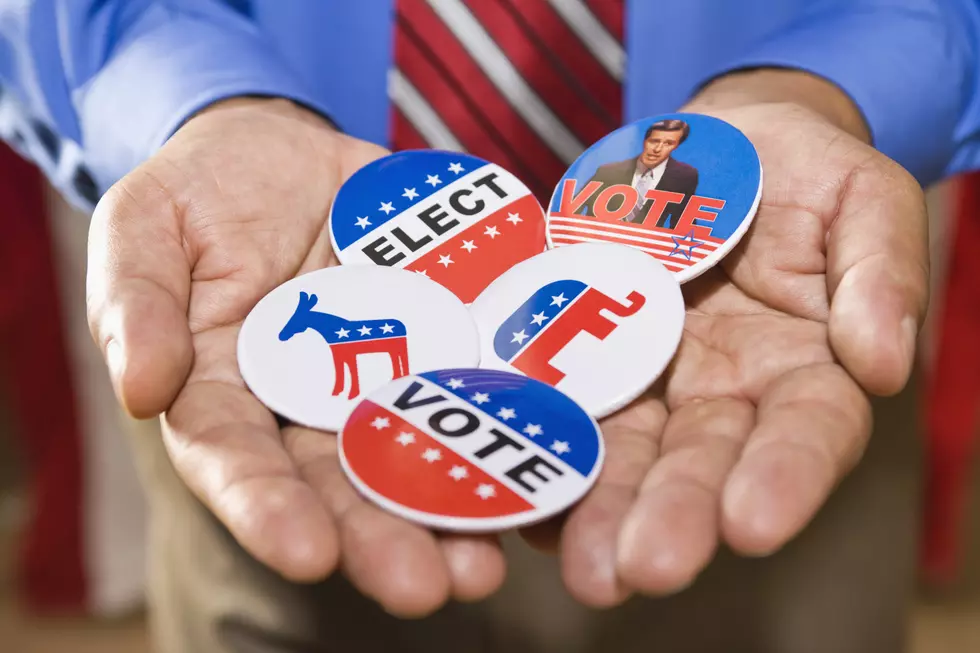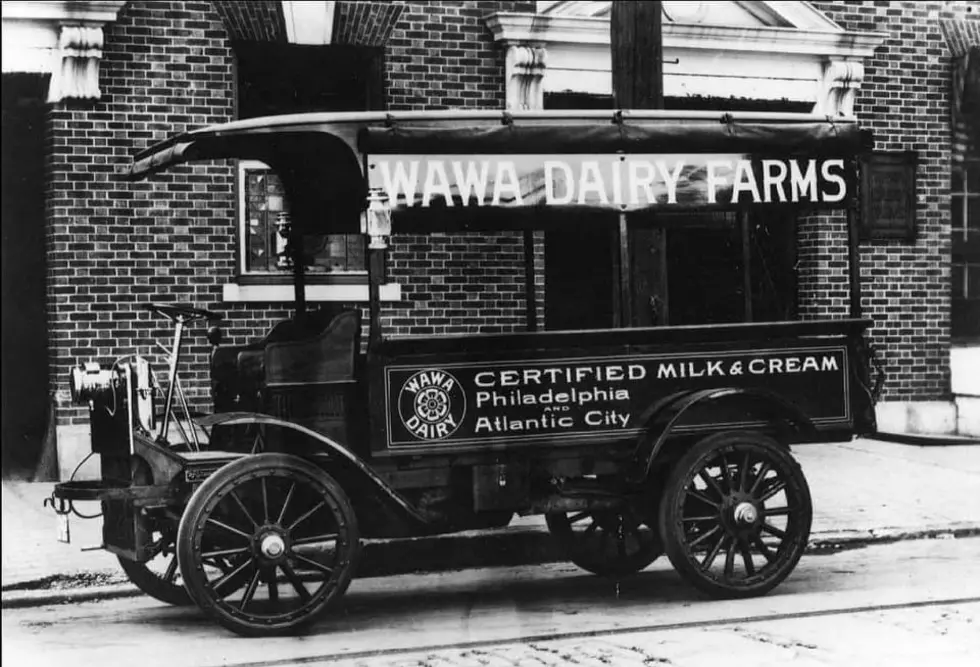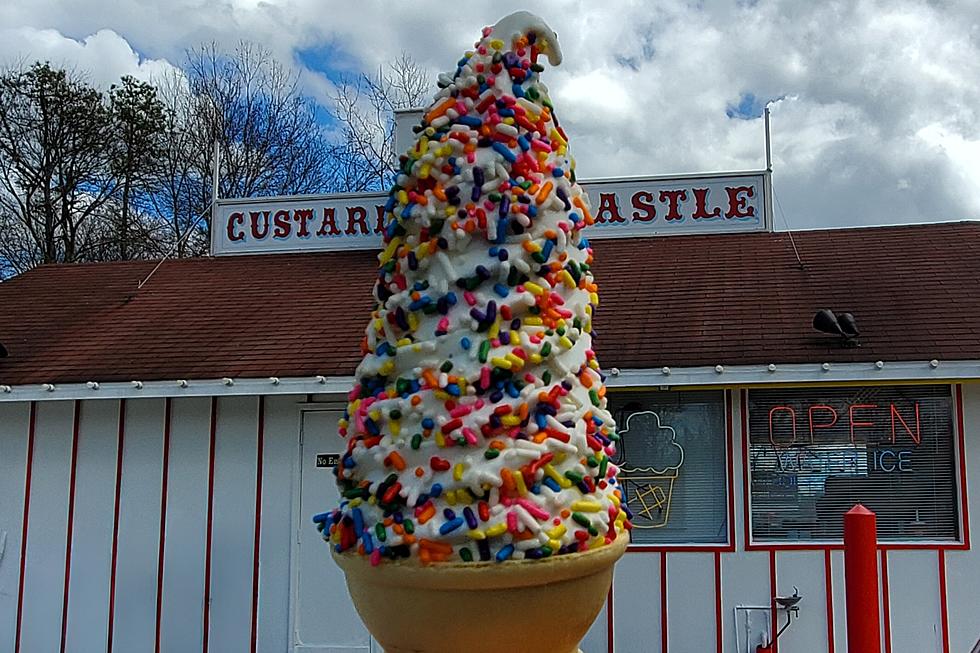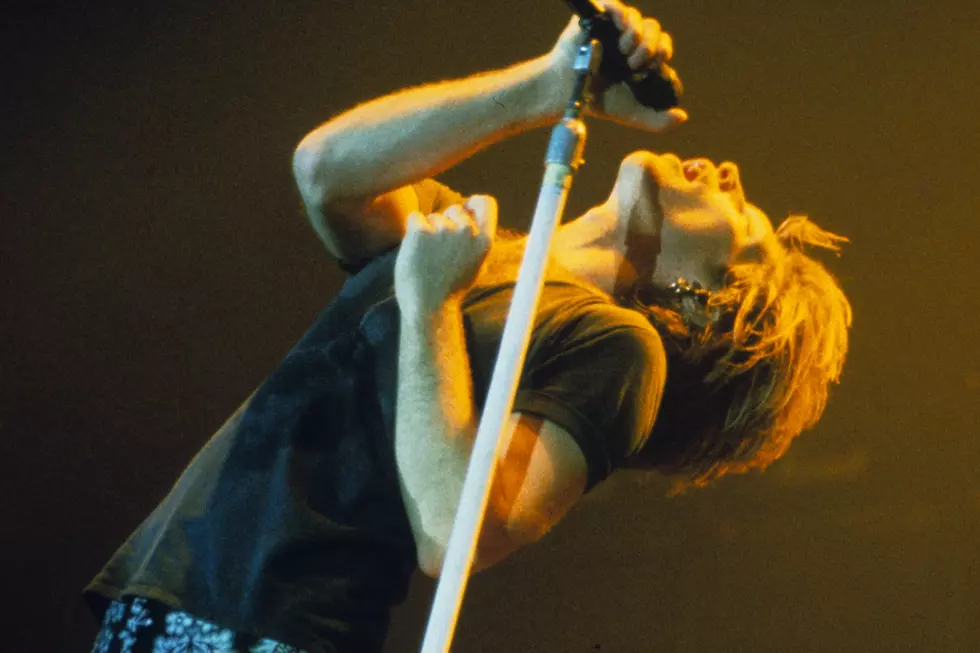
Analysis: NJ is Irrelevant in Presidential Primary. Maybe We Shouldn’t Be
When voters go to the polls in June for the presidential primary in New Jersey, every U.S. state will have already held its election. Only the U.S. Virgin Islands holds its vote after New Jersey.
As many as 70% of total national delegates will have already been committed by the time New Jersey voters have their say. In choosing presidential candidates, New Jersey is virtually irrelevant. A strong argument can be made for that NOT to be the case, and for moving New Jersey’s primary to February.
Iowa and New Hampshire kick off the presidential nominating season. There is, however, growing momentum among both Democrats and Republicans to minimize their importance in the process. The chief argument is that the demographics of both states are hardly a reflection of the United States as a whole. Iowa and New Hampshire are predominantly white. The next primary state, South Carolina, is also a poor representation of the overall U.S. population, with a disproportionate number of African American residents.
New Jersey would offer candidates a far better test among a population whose diversity more closely resembles that of America. According to U.S. census data the population breakdown of the general population and the population of New Jersey is as follows:
- Black population: 15 percent of New Jersey, 13 percent of the United States
- Latino population: 20 percent of New Jersey, 18 percent of the United States
- Asian population: 10 percent of New Jersey, 6 percent of the United States
Another advantage for New Jersey is our geographic size. New Hampshire is often touted as a good state for grassroots campaigning because it is only 9,350 square miles. Candidates can easily traverse the state and meet with large portions of those who will actually cast votes. New Jersey is actually smaller at 8,729 square miles. We also have a better diversity of urban, suburban and rural communities.
Critics could argue that New Jersey would be too expensive, and drain candidates of resources early in the nominating process. However, this could also work in New Jersey’s favor. Located between two of the most expensive media markets in the world (New York and Philadelphia), advertising would be expensive. Campaigns would have to up their ground game, forcing more grassroots face-to-face campaigning. The media attention would also force candidates to hone their message much earlier, and be able to articulate why they deserve the nomination.
There would also be a cost to taxpayers. Elections are not cheap, but a counter-argument could be made the boost to the New Jersey economy would offset any additional expenses to taxpayers.
In 2008, New Jersey did move the presidential primary to ‘Super Tuesday” in February. The result was a huge increase in attention from the candidates and in voter turnout. 1.7 million New Jersey residents cast primary ballots in 2008. The primary change was a on-time thing, however, and the date was moved back to June in 2012. Voter engagement plummeted, as only 589,000 votes were tallied.
All of this remains just talk, for now. The state Legislature would have to approve any change in the primary date, and no such bill had been proposed. However, New Jersey has a prime opportunity to shine on the national stage at a time of increasingly divisive politics with a population that much more resembles the overall makeup of American voters.

More From WPG Talk Radio 95.5 FM










